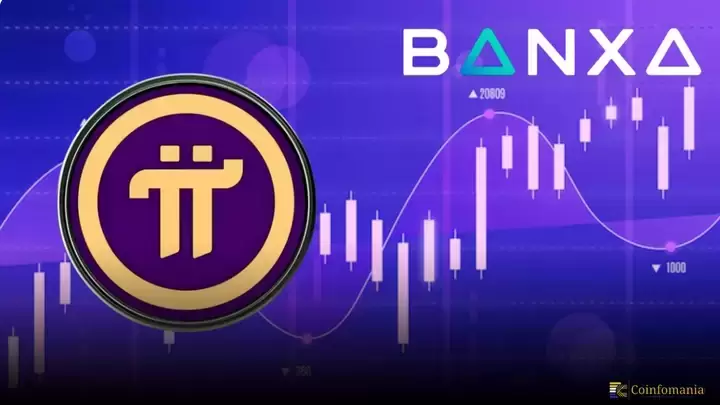According to blockchain data aggregator Arkham Intelligence, a steep fall in Bhutan's Bitcoin holdings can be traced to the nation.

According to blockchain data aggregator Arkham Intelligence, a steep fall in Bhutan’s Bitcoin holdings can be traced to the nation. Market analyst Pledditor tweeted that the Himalayan nation may have cut its treasury by 46 percent over the last year. This estimate relies completely upon the unverified fact of Arkham’s wallet tagging and limited disclosures.
Bhutan was first identified as one of the wallets marked for seizure by Arkham after the country was listed in bankruptcy filings for both BlockFi and Celsius. Through the exposure, there were certain wallet addresses that Arkham now tracks, some of which these labels are questionable. These figures are speculative as Bhutanese authorities have not received official confirmation.
Longtime crypto advocate Yves Bennaïm, founder of 2B4CH, also criticized the on-chain assumptions. Bhutan has been conducting large Bitcoin mining since 2019, he noted. Bennaïm, however, cautioned that dropping tracked wallet numbers doesn’t mean national reserves are running dry when mining infrastructure is still expanding.
He likened Bhutan’s count of visible addresses to those of major miners such as Marathon or Riot, adding that most operations don’t share such wallet-level data. Bennaïm also pointed to Bhutan’s energy strategy, which directs surplus hydroelectric-derived summer power into mining Bitcoin and liquidating it to cover winter energy imports from India.
As the blockchain sleuths debate the numbers, worries are mounting over the opacity with which Bhutan manages its crypto. According to Pledditor, since Bitcoin is now a large source of income for governments, more transparency about the numbers is required.
With outside observers relying on fragmented data and bankruptcy fallout, they have no official wallet disclosures or mining revenue statements. Arkham’s critics even agree that Bhutan’s use of Bitcoin is worthy of public accountability. If Bitcoin remains a significant national asset, the lack of financial clarity could become a policy risk.
Disclaimer:info@kdj.com
The information provided is not trading advice. kdj.com does not assume any responsibility for any investments made based on the information provided in this article. Cryptocurrencies are highly volatile and it is highly recommended that you invest with caution after thorough research!
If you believe that the content used on this website infringes your copyright, please contact us immediately (info@kdj.com) and we will delete it promptly.










































































